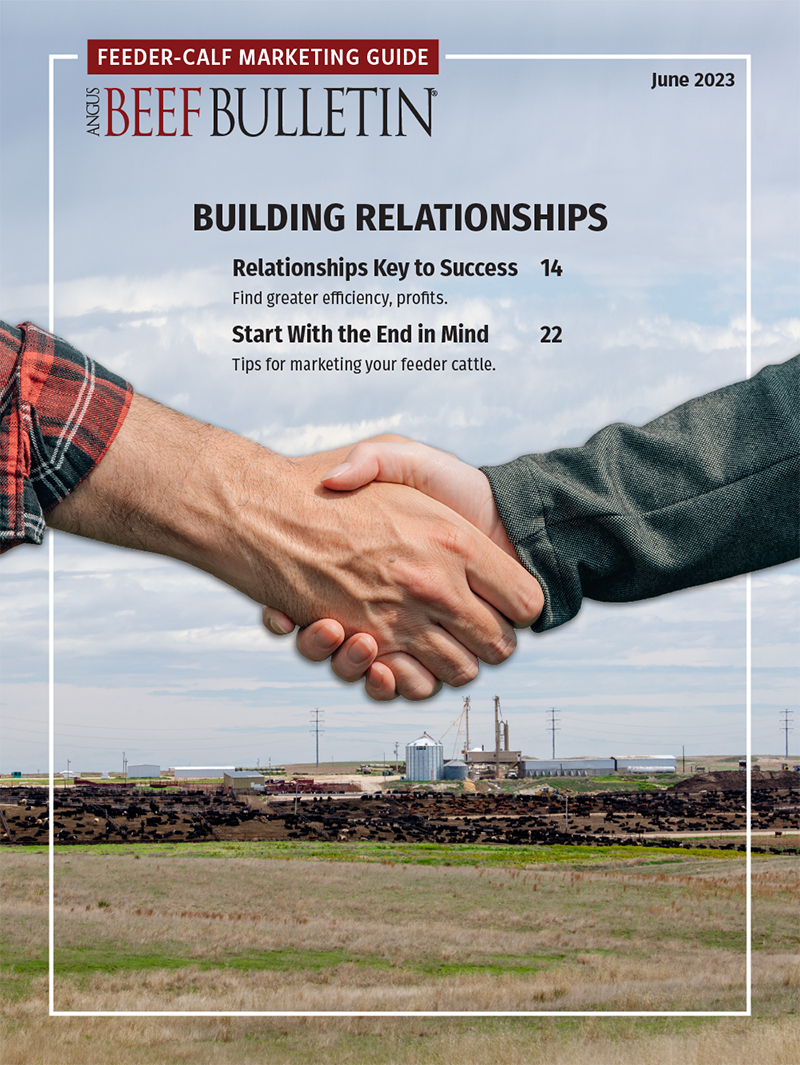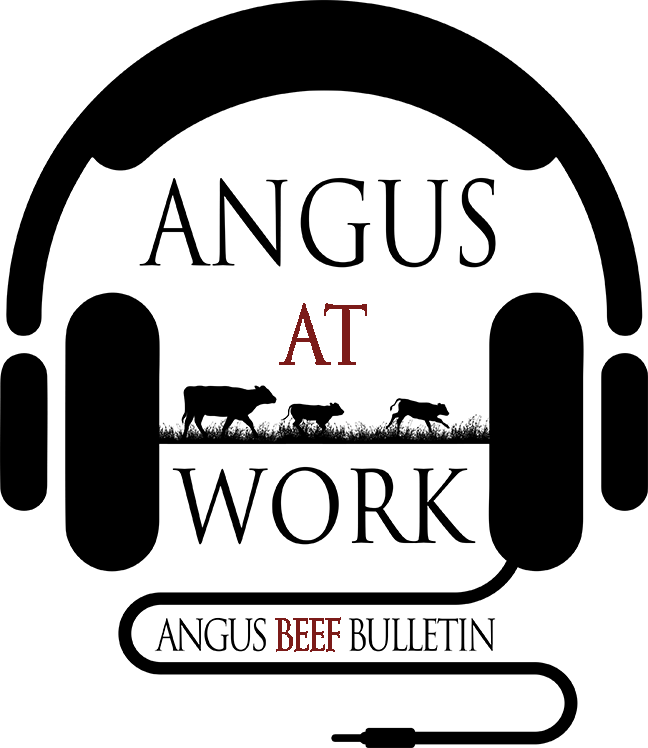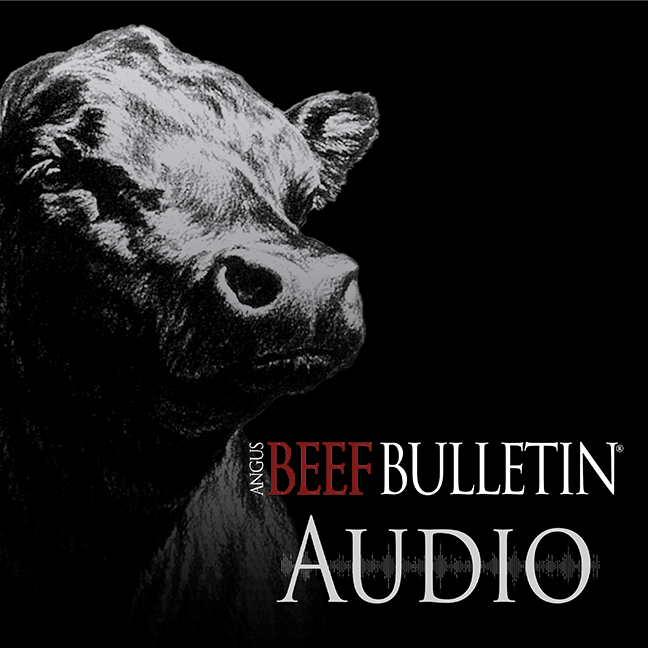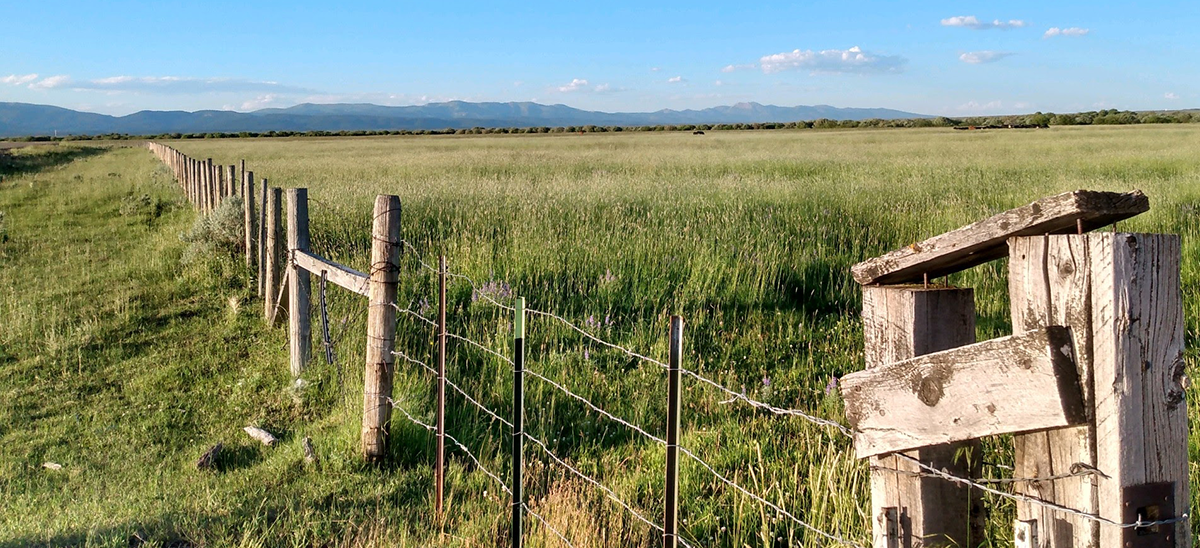
Montana Stockgrowers File Appeal Against BLM
Replacing cattle with bison on federal grazing allotments has the Western ranching community concerned.
Creating an American Serengeti … Sounds intriguing, right? That is if you don’t consider the 610 million acres of federally owned land across most of the West where the buffalo still roam and the deer and antelope still play as they have for thousands of years as an already existing American Serengeti.
To put that in perspective: 80% of Nevada is owned by the federal government and is protected from ever being developed into anything other than wide, open space. Conversely, only 0.3% of Iowa is owned by the federal government.
An American Serengeti is the brainchild of American Prairie, an organization with the stated mission to “create one of the largest nature reserves in the United States. This will serve as a refuge for people and wildlife, forever.”
What’s the problem?
American Prairie has implemented its mission by purchasing central Montana ranches and their corresponding Bureau of Land Management (BLM) grazing allotments with the intention of grazing bison on them. According to Raylee Honeycutt, executive vice president of the Montana Stockgrowers Association (MSGA), bison are not an identified grazing species under the Taylor Grazing Act, which gives priority grazing rights to certain grazing species. Nevertheless, the BLM has awarded three significant changes to six of American Prairie’s seven grazing allotments:
- change of species from cattle to bison,
- changes to authorized seasons of use (year-round grazing), and
- the removal of interior fences (30 miles).
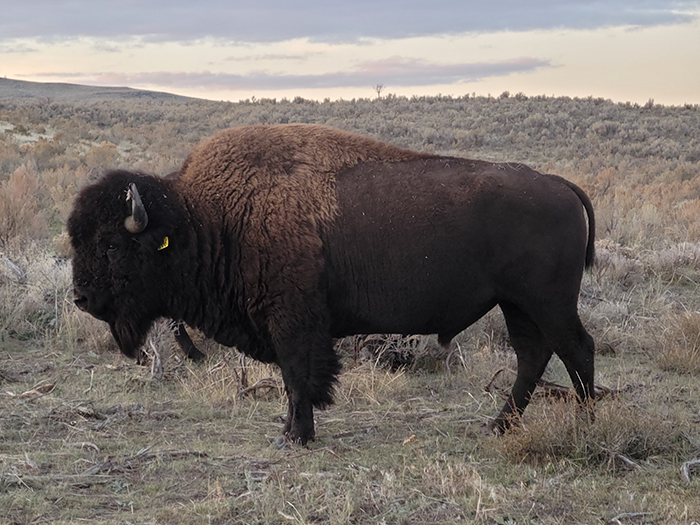
The Bureau of Land Management granted a change of species from cattle to bison, the removal of interior fences and has allowed year-round grazing on six grazing allotments in central Montana. |
According to a July 2022 American Prairie press release, BLM’s approval made it possible to graze bison across 63,500 acres of federal land and allows the organization to increase its bison herd from approximately 800 animals to 1,000 by 2025.
BLM’s approval of such specific requests sets a dangerous precedent for ranching families across the West, and especially for those in Montana, says Honeycutt.
Ranchers’ response
In partnership with North and South Phillips County Grazing Districts, the MSGA has filed an appeal against the BLM’s decision.
“From our standpoint, we feel that this is a violation of the Taylor Grazing Act because bison are not an identified species under the Act, which gives preference to certain species on public land grazing,” explains Honeycutt. “The NEPA (National Environmental Policy Act) process was not followed from the BLM standpoint in determining this, especially from an economic and socioeconomic impact to the local community.”
MSGA’s appeal is through the office of appeals in the Department of Interior and under the counsel of Budd-Falon Law Offices LLC.
“It’s going to take a substantial amount of funding to fund that legal appeal,” admits Honeycutt. To help fund such a move, MSGA partnered with nine sale barns and hosted rollover auctions through which local ranchers donated an animal to be sold as many times as possible. In total, the fundraising effort raised more than $155,000.
However, the opposition has deep pockets and a message that resonates — feasible or not.
The appeal is about more than bison grazing where cattle once roamed, says Honeycutt. “We continue to look for support from people who are passionate about generational ranching across America, who are passionate about protecting multiple use on public lands, and anyone who is passionate about holding federal agencies accountable.”
MSGA isn’t solo in their interpretation of the law. The Montana Governor’s Office and the Montana Attorney General have both filed appeals against this BLM decision, as well.
Editor’s note: Paige Nelson is a freelance writer and cattlewoman located in Rigby, Idaho.
